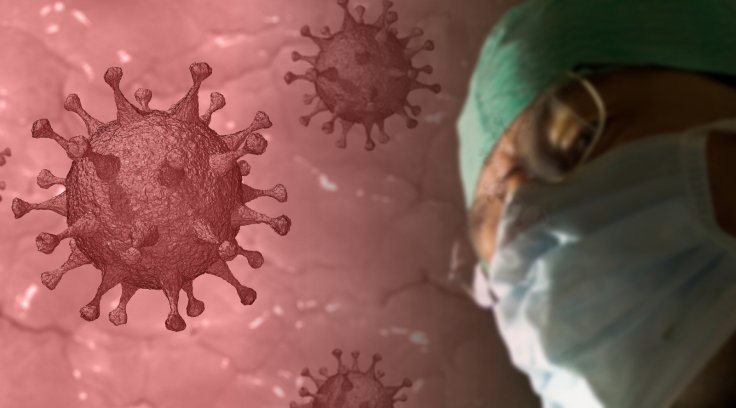Singapore is witnessing a surge in Covid-19 cases. Senior Minister of State for Health Janil Puthucheary noted that the exponential rise in cases has impacted Singapore's healthcare capacity.
Around 15 percent of hospital beds in the public hospitals are used for around 10 percent of Covid-19 cases.
Those who require oxygen supplementation or ICU care account for 2 percent of total cases. In the last three months, ICU bed occupancy has increased from 26 percent to 53 percent and the occupancy of isolation beds has risen from 58 percent to 86 percent. Occupancy in community care facilities has gone up from 10 percent to 35 percent, according to Puthucheary.

Eight-Fold Increase in the Number of Patients
He further noted that public hospital emergency departments have seen up to an eight-fold increase in the number of patients who have positive results using ART (antigen rapid test) or PCR (polymerase chain reaction) tests.
Puthucheary gave this update in reply to Parliamentary questions on Monday (October 4). He said the government is taking steps to expand hospital and treatment resources to ensure that everyone who needs medical care will receive it.
"We are closely monitoring the ICU trends in particular," he said. "We have increased the ICU bed capacity by 74 beds for a total of 187 beds dedicated to Covid-19 patients with severe conditions. More ICU beds can be opened on short notice, if needed."
He added that the government is closely monitoring the hospital manpower situation, given that close to 400 healthcare workers have tested positive for Covid-19. Hospitals will continue to cross deploy resources, he said, adding that they are working with private healthcare providers to augment their manpower.
Rising Cases
Singapore has seen a rise in cases recently. On Friday, there were 2,909 new Covid-19 infections reported, with eight deaths.
A surge in Covid cases — the vast majority of which have no or mild symptoms — prompted Singapore's government to tighten social-distancing measures from last week onwards.
Many of those cases were detected because Singapore is "doing a lot of surveillance for Covid" through testing, said Ashley St. John, associate professor at Duke-NUS Medical School, according to CNBC.
Paul Tambyah, chairman of the opposition Singapore Democratic party and an infectious diseases specialist, said the government appeared "hesitant" in shifting away from a "zero Covid" strategy.









